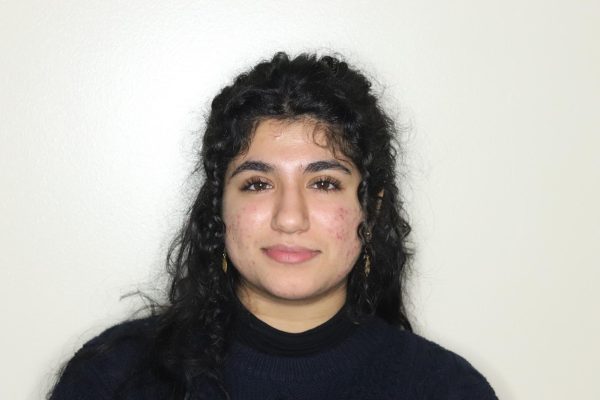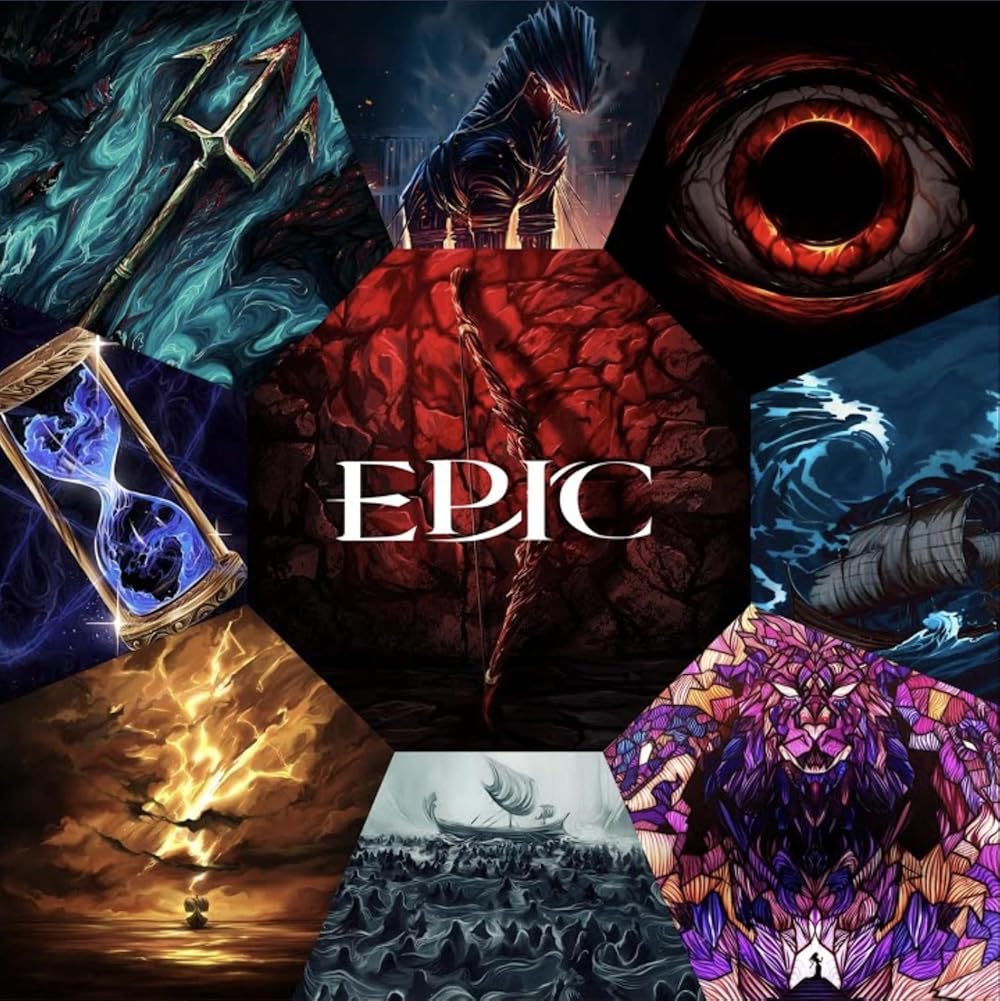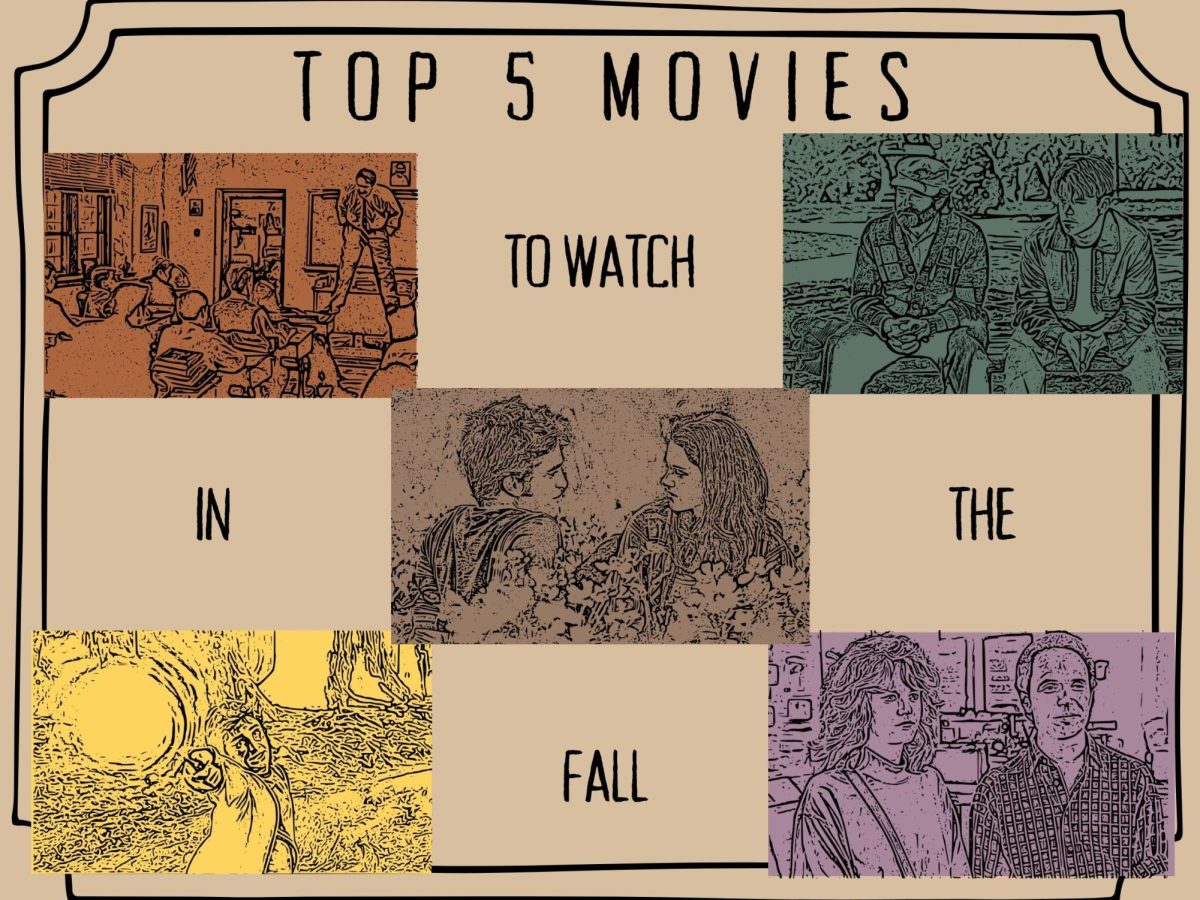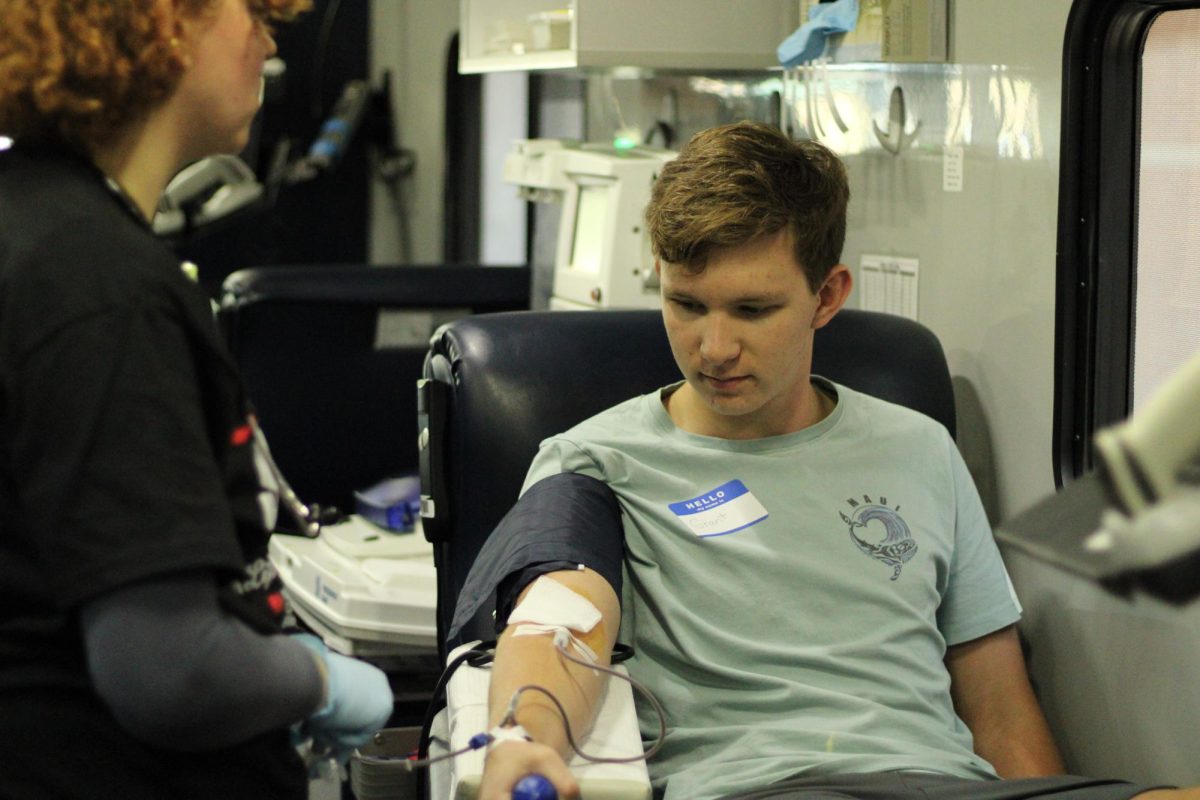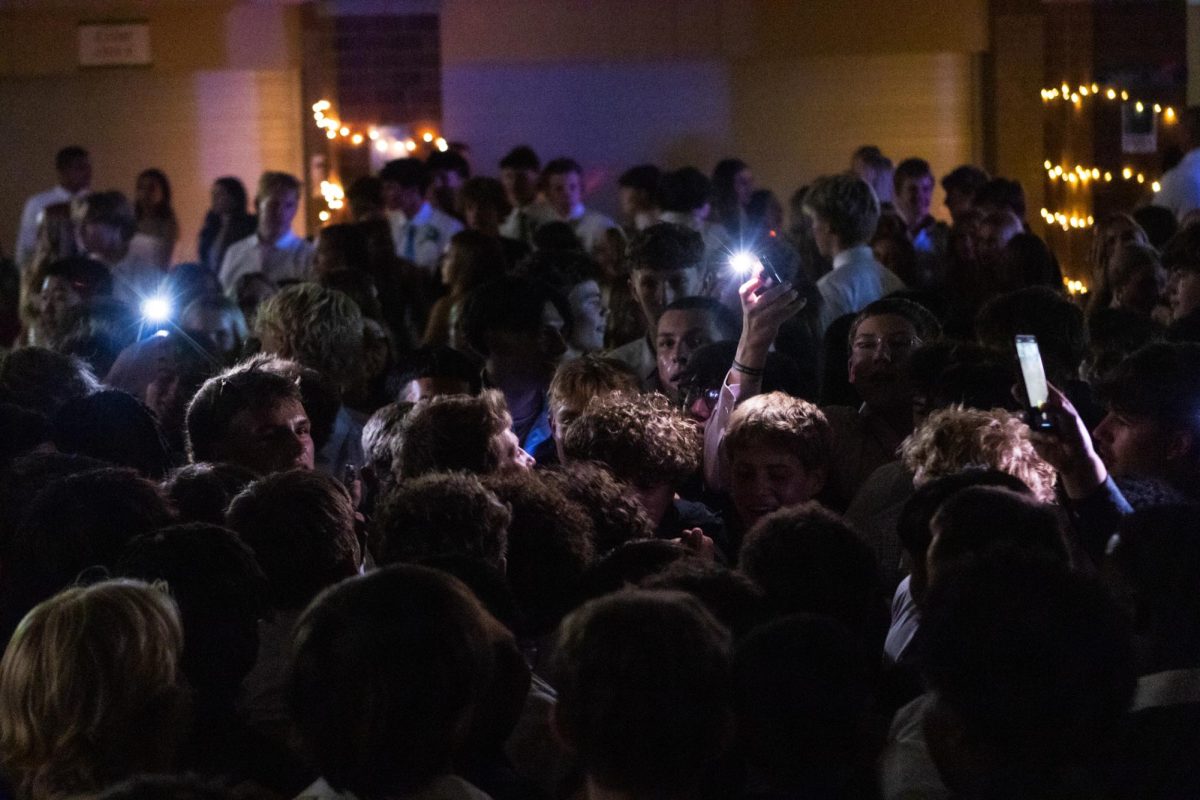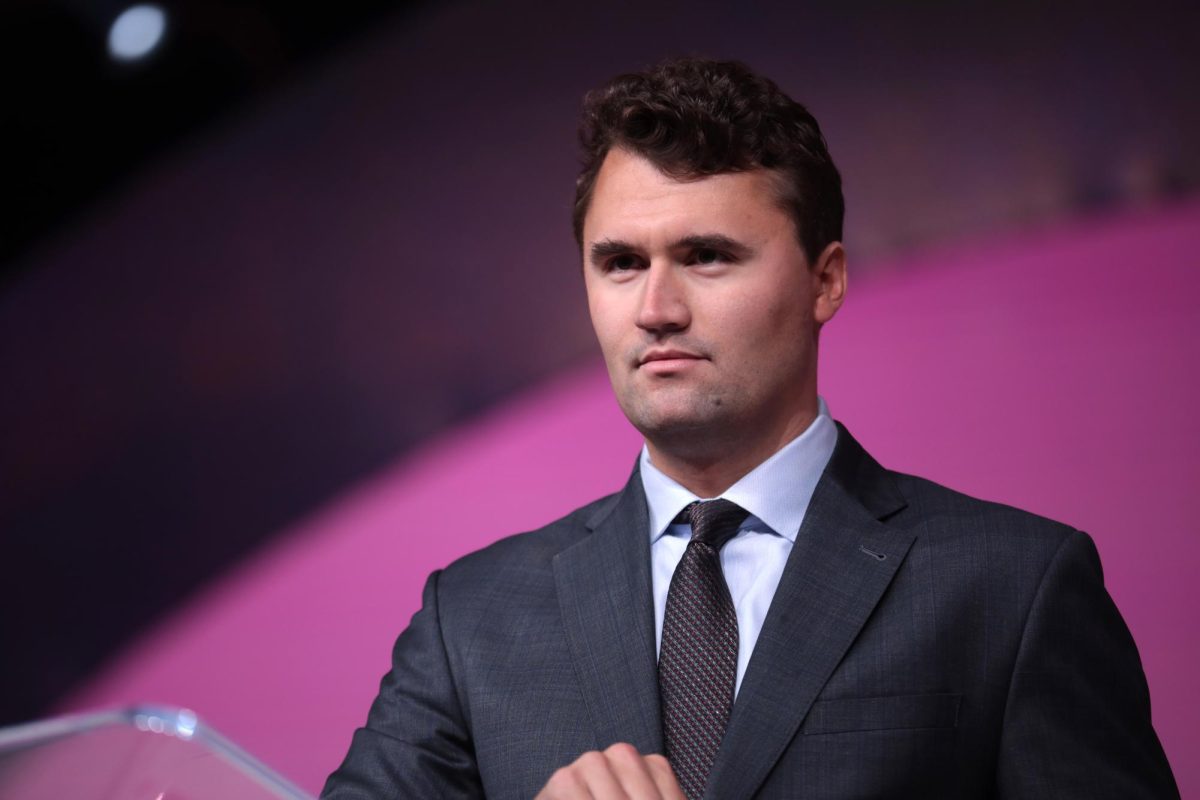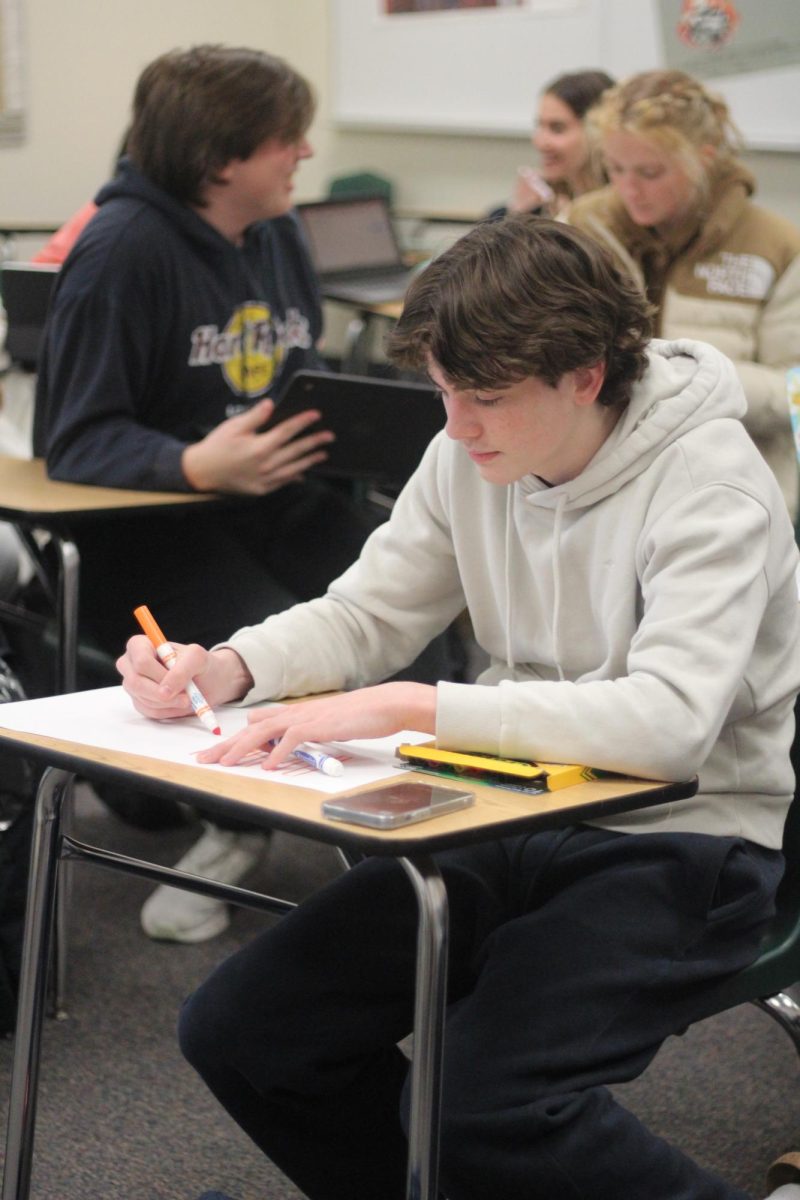An extreme form of protest, self immolation involves setting oneself on fire. Self immolation as a form of protest has been seen in many different places across the world. In Tunisia with Mohamed Bouazizi with him protesting the unfair treatment of his city, Vietnam with Thich Quang Duc when protesting persecution of Buddhists by the South Vietnamese government, and most recently in the U.S. with Aaron Bushnell protesting the unjustifiable treatment of civilians in Gaza.
Aaron Bushnell was an active U.S air force member who, on Sunday, Feb. 25, set himself ablaze in front of the Israeli Embassy in Washington, D.C. While burning, he was quoted saying “My name is Aaron Bushnell, I am an active-duty member of the United States Air Force and I will no longer be complicit in genocide. I’m about to engage in an extreme act of protest but, compared to what people have been experiencing in Palestine at the hands of their colonizers, it’s not extreme at all. This is what our ruling class has decided will be normal.” As he was burning, Bushnell continued to scream, “Free Palestine,” until being overcome by flames. Bushnell later succumbed to his wounds and passed away several hours later.
After his death, my socials were flooded with messages of remorse over his passing. #HonorBushnell began trending on my feed, but what irked me was that the posts my peers reposted, carefully omitted his message. That Palestinains, who have been fighting for their freedom since 1948, should be free.
In May of 1948, “The Catastrophe,” or more commonly known in Arabic as “Al Nakba,” took place all over Palestine. It marked the beginning of the violent displacement of Palestinian citizens, the ethnic cleansing to eliminate their language, culture, and identity.
The first connection that seemed obvious to make was the parallel between Bushnell and Bouazizi, a fruit vendor living in Sidi Bouzid, Tunisia. The long-time president of Tunisia, Zine El Abidine Ben Ali, had been neglecting regions of Tunisia in favor of developing the northern cities for tourism. People of these neglected regions, such as Sidi Bouzid, were left to fester in poor living conditions. Many Tunisians lacked basic political freedoms, including free speech. This prohibited them from expressing their unrest with the political corruption present in central Tunisia.
When an officer attempted to confiscate Bouazizi’s goods, he refused. The officer then beat Bouazizi in the streets. Bouazizi refused to take this humiliation lightly, going to a municipality office to complain. When he was turned away and refused once again, Bouazizi chose to take himself back to the headquarters the next day and set himself on fire. He would later die due to his injuries, but his self immolation acted as a form of protest against Tunisia’s autocratic government.
This began the Arab Spring protests. Armed with chants and cellphones, young Tunisians flocked the streets of Sidi Bouzid, utilizing Facebook and other social media platforms to organize protests and share information. Using social media, it is clear to see how this outrage over Bouazizi’s death went from localized in Sidi Bouzid to a worldwide outcry. Police and civilians clashed in the streets; many protesters were arrested, tortured, and even killed in the process.
With Bouazizi, civilians were not only outraged by his death, but also resonated with his message. This resulted in people protesting his death and actively moving to make a change in their government. Al Jazeera news quote one protester saying, “We could protest for two years here, but without videos no one would take any notice of us.”
The most shocking part, it worked. As a result of information shared through social media by Sidi Bouzid’s majority young population, President Ben Ali succumbed to the pressure put upon him to change his treatment of non-tourist cities in Tunisia. Friday, Jan. 14 2011, Ben Ali dissolved his government and fled the country.
So what’s the difference between Bushnell and Bouazizi? Well, the difference is us. The general public today is focused more on the loss of Bushnell’s life rather than the reason for his protest.
Some may say that Bushnell’s death means nothing, that the sacrifice he did ultimately won’t change anything. If you feel angry or outraged over anything that’s happening across the world, don’t let anyone tell you that your anger is useless. The only time Bushnell’s sacrifice will be in vain is if we as a people do not do anything with it.
If Tunisians ignored the death of Bouazizi, the country would be right back where it started with another civilian dead. We owe it to Palestinians and to Bushnell to follow suit like Tunisia did. Bushnell brought the issues of Palestine to a larger audience, acting as a catalyst for us to further progress.
When Bushnell live streamed his protest on Twitch, the caption read, “Many of us like to ask ourselves, ‘What would I do if I was alive during slavery? Or the Jim Crow South? Or apartheid? What would I do if my country was committing genocide?’ The answer is, you’re doing it. Right now.”
On Friday March 1, a protest was held at General Dynamics from 4p.m.-5:30 p.m. This was organized by the Nebraska For Palestine organization here in Lincoln. This is not the only protest happening here, The University of Nebraska-Lincoln, often holds conferences to discuss Palestine and politics of the region.
Our participation in these discussions is needed now more than ever, talk with your friends, parents and teachers. As young, tech savvy students we have the ability to spread information quickly, through social media we can give voice to Palestinians who have had theirs taken from them. When something happened in Palestine, we knew almost an hour later. Use this to your advantage and continue to talk about Palestine. The part of Bushnell’s quote we should focus on is “right now.” We have seen that rising tensions and civil unrest works through Bouazizi. Don’t let Bushnell’s sacrifice be meaningless, go out there and preach his message of a free Palestine.




